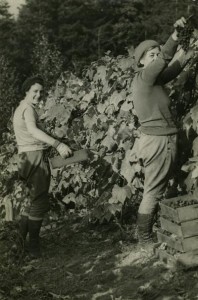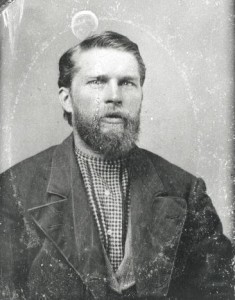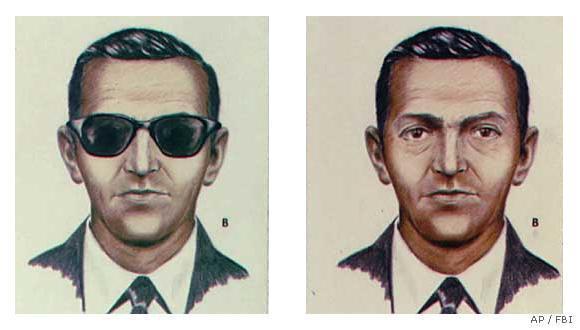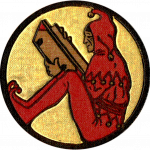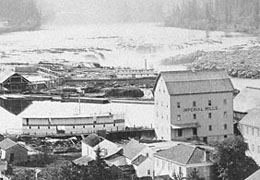 Moontrap. By Don Berry.
Moontrap. By Don Berry.
Corvallis, Oregon: Oregon State University Press, 2004
(Copyright 1962, by Don Berry and first published by Viking Press)
Recommendation submitted by:
Will Stuivenga, Cooperative Projects Manager, Washington State Library, Tumwater, WA.
In Moontrap, the second book in author Don Berry’s trilogy depicting the early history of Oregon, we encounter two mountain men, Johnson “Jaybird” Monday and Webster W. Webster, “Webb” to his friends or compatriots. Monday is trying to settle down, staking a farming claim on land along the Willamette, just across from Oregon City, the first important Oregon settlement. Just as he’s beginning to think that maybe he can learn how to fit into “normal” society, along comes old Webb, riding his equally old and bony horse, still living his mountain man lifestyle, camping along the edges of society, with no use for towns, or any of the other trappings of civilization.
That Monday lives with his common-law wife, Mary, a Shoshone Indian woman, who is about to bear his first child only adds to his difficulties integrating into “civilized” society. Her presence does not sit well with powerful and bigoted men who apparently control the destiny of the region. When Monday discovers that the judge won’t record the name of his son as Webster Monday, but insists on writing out the birth certificate as:
Father: Johnson Monday, White.
Mother: Mary Deer Walking, Shoshone Indian.
Child: Webster, son of Mary Deer Walking. Shoshone Indian. Bastard.
He knows that nothing can ever change: once a mountain man, always a mountain man.
In these first two books of the trilogy, Trask and Moontrap, Berry wrestles with the question of what happens to the mountain men when they reach the final frontier. Once the Oregon territory is settled, and the United States reaches to the Pacific, what is left of the old way? The old way that saw the mountain men living with the same freedom as the red man is finished, done for, obsolete. Just as you cannot trap the reflection of the moon in a moving pool of water, so you cannot preserve the freedom of the old ways.
ISBN: 0-87071-039-7


